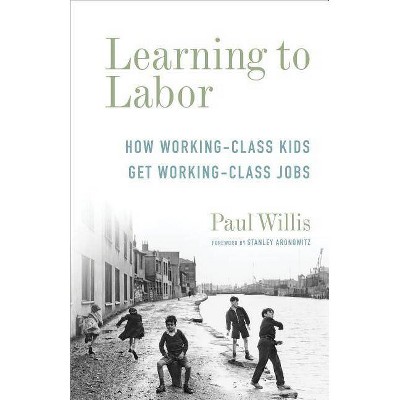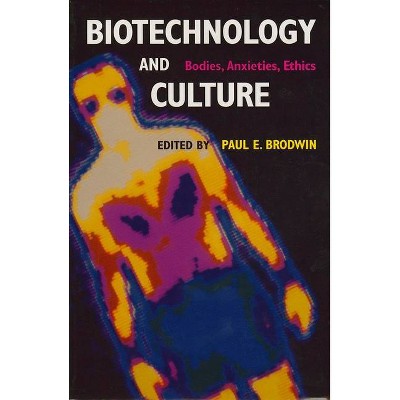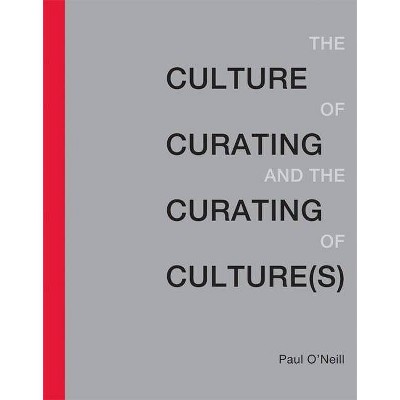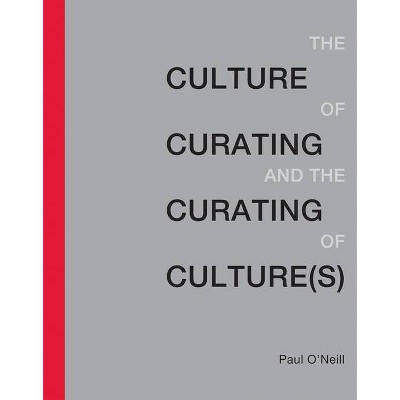Profane Culture - by Paul E Willis (Paperback)

Similar Products
Products of same category from the store
AllProduct info
<p/><br></br><p><b> Book Synopsis </b></p></br></br><p>A classic of British cultural studies, <i>Profane Culture</i> takes the reader into the worlds of two important 1960s youth cultures--the motor-bike boys and the hippies. The motor-bike boys were working-class motorcyclists who listened to the early rock 'n' roll of the late 1950s. In contrast, the hippies were middle-class drug users with long hair and a love of progressive music. Both groups were involved in an unequal but heroic fight to produce meaning and their own cultural forms in the face of a larger society dominated by the capitalist media and commercialism. They were pioneers of cultural experimentation, the self-construction of identity, and the curating of the self, which, in different ways, have become so widespread today. <p/>In <i>Profane Culture</i>, Paul Willis develops an important and still very contemporary theory and methodology for understanding the constructions of lived and popular culture. His new preface discusses the ties between the cultural moment explored in the book and today.</p><p/><br></br><p><b> From the Back Cover </b></p></br></br><p>"Long out of print, this new edition of Paul Willis's classic study of the motor-bike boys and hippies is a must read for anyone interested in cultural outsiders, past and present."<b>--Mitch Duneier, author of <i>Sidewalk</i></b></p><p>"<i>Profane Culture</i> remains a powerful emblem of both ethnographic and cultural-sociological research that continues to be cited today. It has gained even greater relevance from the passing of time--its coupled studies can now be viewed as quintessential reconstructions of mid-twentieth-century subcultures that are now long past. They did indeed capture the spirit of their age, and we can recover the sense of that spirit by rereading this book. But the principal contribution of <i>Profane Culture</i> is contemporary, not historical. The two studies show how ethnography can contribute to the exploration of macro-level cultural structures."<b>--Jeffrey C. Alexander, Yale University</b></p><p/><br></br><p><b> Review Quotes </b></p></br></br><br>A forgotten treasure trove that needs to be recovered.<b>---Mats Trondman, Anna Lund, and Stefan Lund, <i>European Journal of Cultural Studies</i></b><br><br>Willis masterfully shows how objects and selves interact, indicating to one another the available paths to follow. . . . I hope a new generation of scholars reads this updated edition and aims to follow its path.<b>---Claudio E. Benzecry, <i>Contemporary Sociology</i></b><br><p/><br></br><p><b> About the Author </b></p></br></br><b>Paul E. Willis, </b> an ethnographer and cultural theorist, is a lecturer with the rank of professor in the Department of Sociology at Princeton University. He is a founding editor and current joint editor of the journal <i>Ethnography</i> and the author of <i>Learning to Labor: How Working Class Kids Get Working Class Jobs</i>, among other books
Price History
Price Archive shows prices from various stores, lets you see history and find the cheapest. There is no actual sale on the website. For all support, inquiry and suggestion messagescommunication@pricearchive.us




















